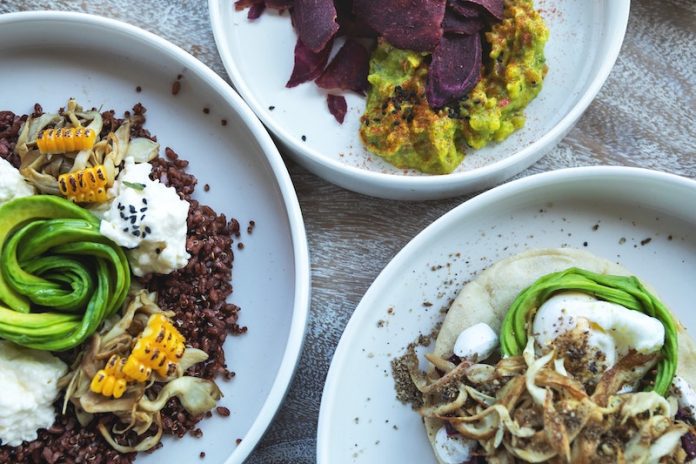
Before we dive in, let’s understand what dietary fiber is. You’ve probably heard of it, but what does it really do?
Dietary fiber is the part of plant-based foods that our bodies can’t digest or absorb.
Instead of breaking down and getting absorbed like other nutrients, fiber passes pretty much intact through our stomach and intestines. In short, it helps us poop!
But fiber does a lot more than just keep your digestive system running smoothly. It also plays a crucial role in preventing diseases, including cancer.
Fiber and Cancer: What’s the Connection?
You may be wondering, how can something as simple as fiber help fight off something as scary as cancer? While fiber won’t make you invincible, it does offer a layer of protection. Here’s how:
Bowel Movement Bliss: When you consume enough fiber, you’re helping your digestive system move waste out of your body more quickly and efficiently.
This is super important because some harmful substances in waste can lead to colon cancer if they stick around in your intestines for too long.
Blood Sugar Balance: High-fiber foods slow down how your body absorbs sugar, which helps keep your blood sugar levels stable. Unstable blood sugar levels can increase the risk of several types of cancer.
Feeling Full: Fiber-rich foods make you feel full for a longer time. Why is this a big deal? Well, feeling full helps you avoid overeating, which helps you maintain a healthy weight.
And a healthy weight reduces the risk of many types of cancer.
Multiple scientific studies have found a link between a high-fiber diet and a lower risk of certain types of cancer, particularly colon cancer.
In these studies, people who ate a lot of fiber had a significantly lower chance of developing this type of cancer compared to those who ate little fiber.
Easy Ways to Add More Fiber to Your Life
Now that you’re convinced of fiber’s superhero powers, you’re probably asking, “How do I get more of it?” It’s easier than you think!
Start Your Day Right: Choose a breakfast cereal that has at least 5 grams of fiber per serving.
Fruit & Veggie Snacks: Instead of chips or cookies, snack on fruits and vegetables. The more colorful your plate, the better!
Whole Grains are Whole Great: When shopping for bread or pasta, look for ‘whole grain’ on the label.
Bean There, Done That: Add beans or lentils to your salads, soups, or stews.
Nuts About Nuts: Almonds, walnuts, and pecans are not just tasty; they are also high in fiber.
Remember, increasing your fiber intake is not just good for your tummy; it could also help protect you against cancer.
As always, it’s a good idea to check with your healthcare provider before making significant changes to your diet, especially if you have existing health conditions or concerns.
So, there you have it! Eating more fiber isn’t just a simple change; it’s a lifestyle choice that could help keep you cancer-free. Let’s all fiber up for a healthier, happier life!
Follow us on Twitter for more articles about this topic.
Copyright © 2023 Scientific Diet. All rights reserved.








